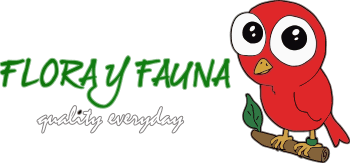Composite food for psittacines of the genera: compound food for psittacidae of the genera: lovebirds, Nymphicus, Neophema, Platycercus, Psephotus, Polytelis, Psittacula, Alisterus, Poicephalus, Pyrrhura, Aratinga (small species), Bolborhynchus, Brotogus.
Composition: cereals, vegetable proteins, oils and fats, sugars, minerals, probiotics, vitamins, amino acids, antioxidants, flavors.
How to use: administer the product as is or adding water to obtain a mixture of the consistency of a homemade ice cream. In the latter case, the palatability of the food generally increases, but it is necessary to replace the product that is not consumed at least once a day (especially during the summer).
Method to pass to unifeed: most animals immediately appreciate the dry product; while for those who are reluctant to eat with an unknown food or for particularly neophobic species (for example, corrugated parrots) it is useful to add water until reaching the consistency of an artisan ice cream within which a small amount of seeds will be mixed (10- 15%) to force the animal to test it during the search for seeds (all clearly after removing the seed mixture or anything else from the aviary).
Once you are sure of the non-fed intake, you will proceed to the exclusive administration of the dry or moist product.
types:
Reproduction: Particularly rich in vitamins, provitamins and microelements that will be administered approximately 2 months before the deposition (late winter-early spring); stimulates subjects when mating, increases fertility and favors the correct hatching of eggs.
Reproduction: Higher content of proteins, mineral salts and vit. D for a correct growth of the chickens; it is used since the eggs hatch (or one or two days before) until the weaning of the young; Wet administration is recommended.
Maintenance: Throughout the year, for topics that do not reproduce or are simply weaned. It has the function of supporting and restoring liver function after metabolic stresses such as ovodeposition (females) and molting.
FORMATS: 2, 5 and 10 Kg.


